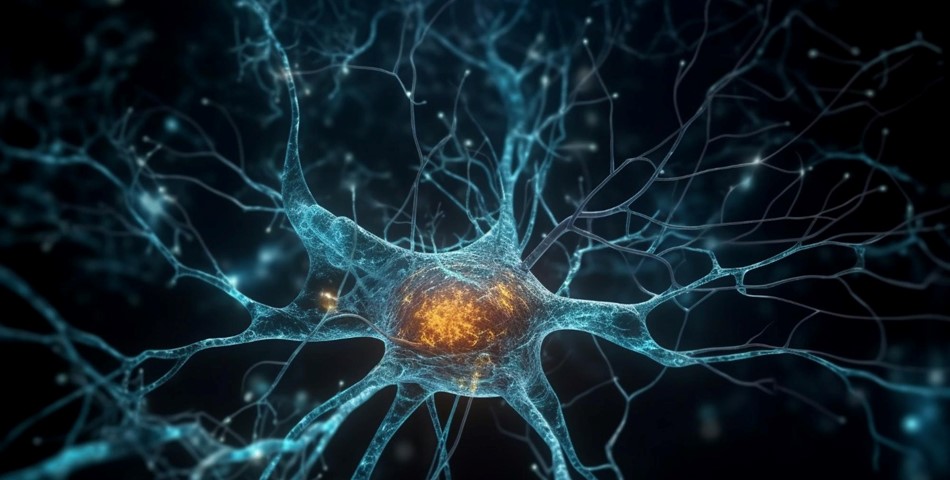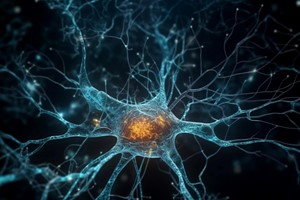A recent study led by a team of scientists from University College London (UCL) has unveiled a new psychological treatment tailored for children dealing with epilepsy, showing significant reductions in associated mental health difficulties compared to standard care.
Published in The Lancet, the study sheds light on the prevalence of mental health challenges among children and young people with epilepsy, with up to 60% of individuals experiencing associated disorders. These conditions, including worries, low mood, and behavioral issues, can significantly impact patients' quality of life and overall well-being.
Traditionally, mental health problems in children with epilepsy often go unnoticed due to the separation between epilepsy and mental health treatment facilities. Moreover, conventional approaches typically involve addressing each mental health condition separately, resulting in fragmented care.
The newly developed treatment, named the Mental Health Intervention for Children with Epilepsy (MICE), offers a different approach. Drawing from recommendations by the National Institute for Health and Care Excellence (NICE), MICE employs a modular strategy, allowing simultaneous treatment of multiple mental health conditions. It was specifically tailored for children and young people with epilepsy, integrating sessions to elucidate the interplay between epilepsy and mental health.
One notable feature of MICE is its flexibility in delivery, allowing sessions to be conducted over the phone or via video calls, minimizing disruptions to daily life. Moreover, unlike traditional approaches outsourced to specialized mental health services, MICE is seamlessly integrated into epilepsy care, empowering non-specialist clinicians to administer the treatment.
Lead author Dr. Sophie Bennett from UCL Great Ormond Street Institute of Child Health highlights the significance of this approach, emphasizing its potential to enhance the efficiency and effectiveness of care delivery for children and young people with epilepsy and mental health difficulties.
The study, involving 334 participants aged three to 18, revealed promising outcomes. Those receiving the MICE treatment exhibited fewer mental difficulties compared to those undergoing standard care, indicating a substantial decrease in the likelihood of psychiatric disorders.
Professor Roz Shafran and Co-Chief Investigator Professor Helen Cross, both from UCL Great Ormond Street Institute of Child Health and Great Ormond Street Children's Hospital, underscore the study's significance in addressing the pressing mental health needs of children with epilepsy within existing healthcare frameworks.
Co-author Professor Isobel Heyman from UCL Great Ormond Street Institute of Child Health and Clinical Co-Lead for mental health at Cambridge Children's Hospital highlights the holistic approach of MICE, emphasizing the importance of addressing children's healthcare needs comprehensively.
The collaborative effort involved experts from Great Ormond Street Children's Hospital, King's College London, and UCLA, with funding from the National Institute for Health and Care Research (NIHR).
The study's findings offer promise for children with epilepsy, indicating a potential shift in mental healthcare practices toward more holistic, integrated approaches to improve outcomes for vulnerable populations.
University College London














